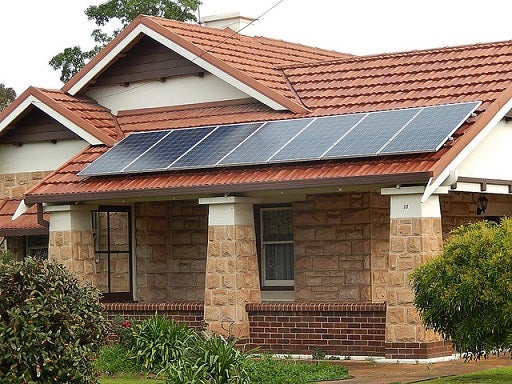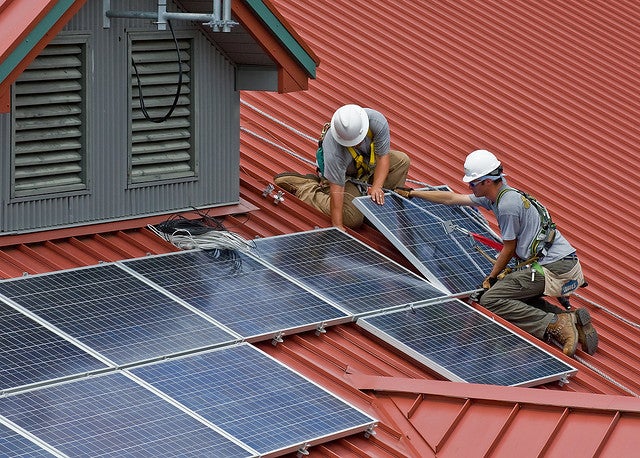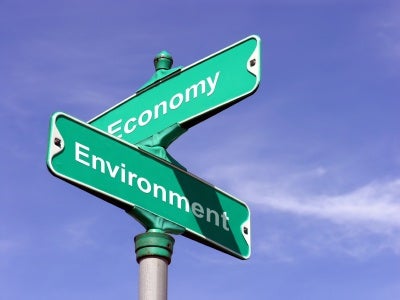Four years ago, I joined Environmental Defense Fund to work on climate policy as I believe that the issue is one of the most critical challenges of our era. I felt that my background working on Wall Street could be put to good use in crafting finance policies that help fight climate change. I chose EDF because they are the environmental organization that best understands how to use market mechanisms to deliver environmental solutions.
Tomorrow will be my last day at EDF, but I am not leaving because of any disappointment with the organization or any decline in my commitment on climate issues. At this point in time, new market mechanisms to finance clean energy are in place. The biggest contribution I can make is to switch to the private sector and demonstrate how well these mechanisms can deliver job-creating private investment.
Over the past several years, On-Bill Repayment (“OBR”) and Property Assessed Clean Energy (“PACE”) programs have been developed that are expected to allow for significantly increased investment in energy efficiency and solar generation projects. State of the art PACE programs are up and running in California for commercial and residential properties, and in Connecticut and Ohio for commercial properties. Texas and New Jersey are expected to also launch programs in coming months. Later this year, Hawaii is expected to start the country’s first open-source OBR program that EDF helped design. Read More















